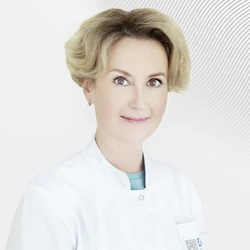To the questions of the correspondent of the Internet portal Onaonline.ru Irina Russ, a doctor of the highest category, nutritionist, endocrinologist at the European Medical Center, answers.
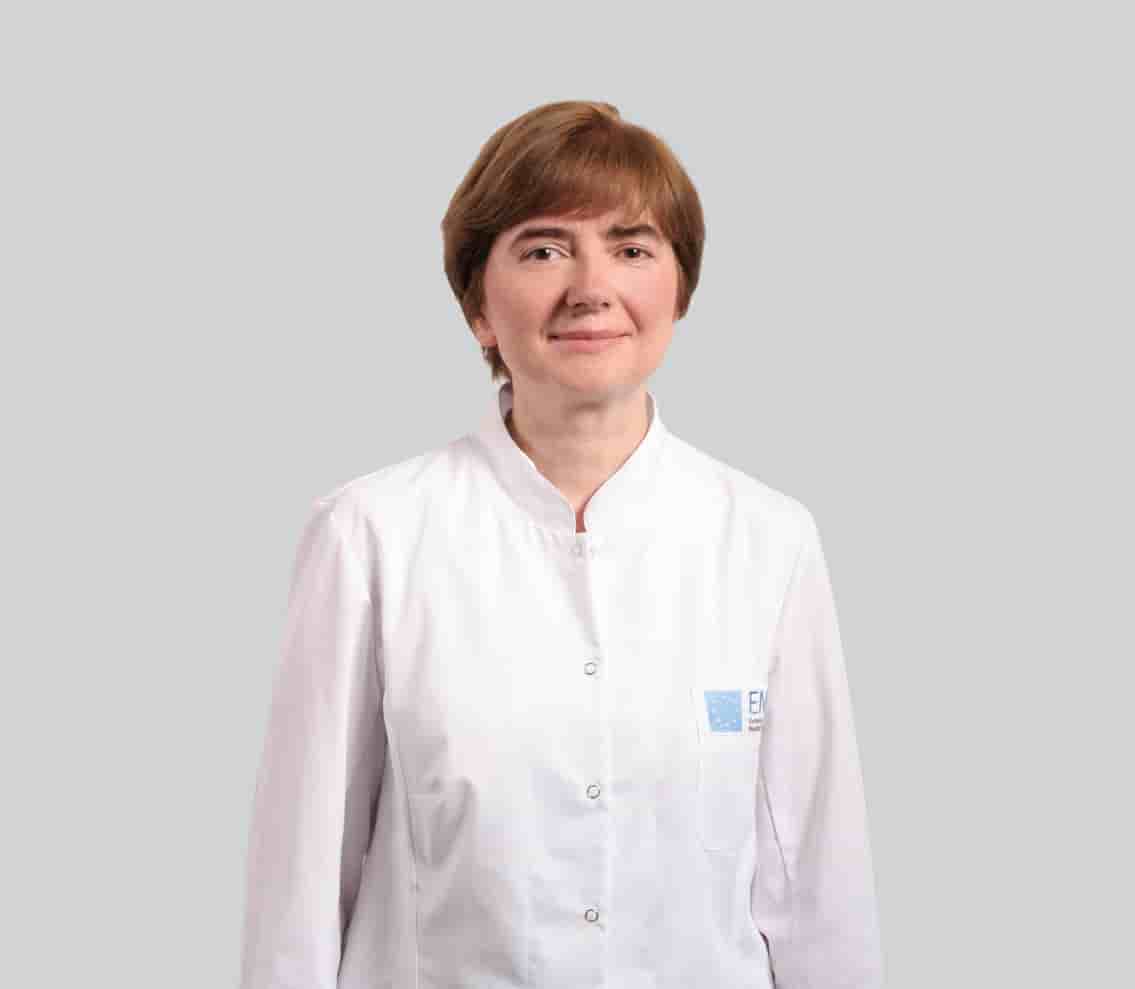 In a futile attempt to lose weight, my poor friend tried an incredible number of diets. The last resort was a special earring designed to reduce appetite, which Olga wore for nine months. We were delighted with the result – the girl has grown at least four sizes! Although, in my opinion, the trick is not at all in the earring, but in the strict diet prescribed to those who resort to this method to lose weight. A little over a year has passed since then, and today Olga is glad that she did not throw away her old clothes - the previous weight returned quickly and imperceptibly.
In a futile attempt to lose weight, my poor friend tried an incredible number of diets. The last resort was a special earring designed to reduce appetite, which Olga wore for nine months. We were delighted with the result – the girl has grown at least four sizes! Although, in my opinion, the trick is not at all in the earring, but in the strict diet prescribed to those who resort to this method to lose weight. A little over a year has passed since then, and today Olga is glad that she did not throw away her old clothes - the previous weight returned quickly and imperceptibly.- And this is quite natural, explains Irina Russ. – Very often, people stop following a diet and immediately switch to their usual diet. Meanwhile, the transition should be gradual and preferably under the supervision of a doctor. But in any case, some food restrictions will persist for life, because being overweight is a chronic disease and can have its exacerbations and remissions.
- It turns out that any diet gives only temporary results, and in the end we come to where we started?
- Yes, and that's the best case scenario. Many people treat this issue too lightly, forgetting that a diet is primarily a therapeutic measure, and like any medicine, it can help, but it can also harm. 99% of my patients are people with various complications and diseases resulting from an incorrectly chosen diet. The last example is that just half an hour before the interview, a young man with a diagnosis of gout came to my office. Three years ago, wanting to lose weight, he followed the example of a friend and began to follow the Atkins diet, in which it is recommended to consume large amounts of protein. A lack of some substances and an overabundance of others provoked the development of the disease. As a result, a successful person, the head of a large company, can hardly walk because of severe joint pain. And all because this power supply system did not suit him.
- What should I do to avoid such terrible consequences?
- The answer is obvious – consult a nutritionist first, not anyone else. I would like to emphasize this point in particular, bearing in mind another of my patients. She was going to have a hip replacement operation, but the surgeon refused to do it until the woman lost an extra 35 kilograms (at that time she weighed 130 kg). He also advised her on a diet: one day, do not eat anything at all, and the second – only vegetables and a small piece of meat, and alternate until she gets what she wants. Pretty quickly, she got rid of eight kilograms in this way, and that's it – the weight stopped. In addition, the woman developed an aversion to food, her mood deteriorated, her skin deteriorated, and her liver indicators became poor. It would seem that both protein and vegetables were present in her diet, but the calorie content was insufficient, the body lacked the vitamins that are necessary under such strict restrictions. By the way, we rarely recommend fasting for people with high body weight.
- So there are no absolutely safe diets?
- If we talk about uncontrolled use, no. But that doesn't mean there's no way to lose weight safely. In dietetics, there is such a thing as proper nutrition. Everyone will have their own diet, but there are also general principles: it is recommended to eat 4-5 times a day, in small portions, in a calm environment (so that the food is well absorbed, moves well through the gastrointestinal tract), if possible, the products should be compatible with each other, it is desirable that the food is not very hot, not very sharp. Culinary processing of food is also important - preference should be given to boiled, stewed and baked foods. It is not necessary to completely abandon fried food, it is enough to minimize its use.
- So there are no strict restrictions?
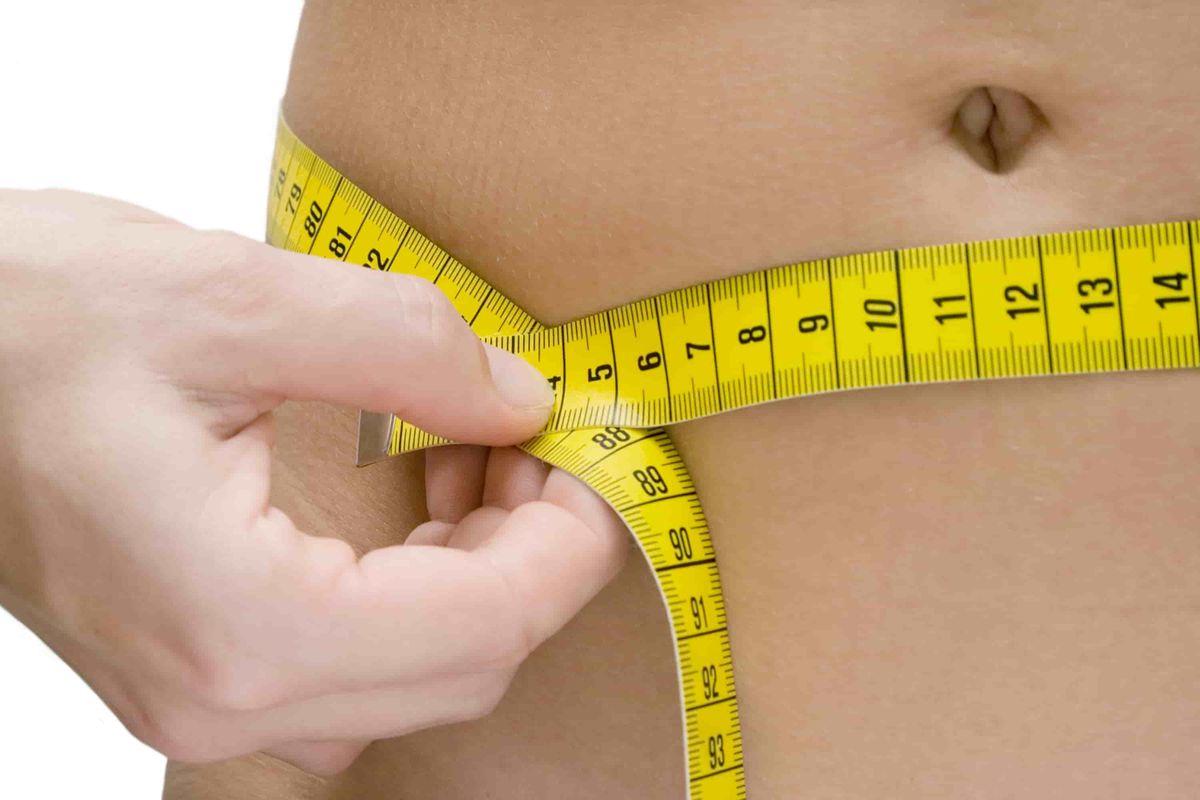 - We are talking about strict restrictions when it comes to certain diseases. For example, with ulcers, we completely exclude fried and spicy foods from the diet, because such foods can cause an exacerbation. If a person is healthy, they can lose weight simply by switching to proper nutrition. After all, the body is a self–regulating system, and if we help it a little, it will save us from many problems. It is quite enough to make some changes to your diet: give preference to less fatty foods that are easier to digest. For example, turkey meat will be healthier than mutton; fish, which contains a lot of iodine, is better than meat. Of course, meat also has a lot of useful things and it should be present on our table, but it is better to give the advantage to fish. And more vegetables, which will provide us with vitamins.
- We are talking about strict restrictions when it comes to certain diseases. For example, with ulcers, we completely exclude fried and spicy foods from the diet, because such foods can cause an exacerbation. If a person is healthy, they can lose weight simply by switching to proper nutrition. After all, the body is a self–regulating system, and if we help it a little, it will save us from many problems. It is quite enough to make some changes to your diet: give preference to less fatty foods that are easier to digest. For example, turkey meat will be healthier than mutton; fish, which contains a lot of iodine, is better than meat. Of course, meat also has a lot of useful things and it should be present on our table, but it is better to give the advantage to fish. And more vegetables, which will provide us with vitamins.- Thus, if, for example, I replace sausage with turkey, I will eat flour in small quantities and only on holidays, I will almost exclude potatoes from the diet...
- ...fatty meat, mayonnaise - then, of course, you will have a high chance of losing weight. But if the weight has decreased a little after that, and it doesn't go any further, this is a reason to think about what you are doing wrong, what was the mistake.
- After what time should the results appear?
- In a month or two after switching to a balanced diet, a person can already lose 5-10 percent of their weight.
- I suggest using the example of your refrigerator to figure out which products should be preferred. What do you always have and what will you never have?
- There is never sausage, mayonnaise, pork, fatty foods or products that have already undergone some kind of processing. For example, ready-made salads, juices, and semi-finished products. Now I have homemade lemonade, fish, seafood, vegetables, fruits, cottage cheese.
- Is there an answer to the question that we so often ask ourselves: "What would you eat to lose weight"?
 - As we have already said, you need to eat a little, a certain food and at a certain time. In the morning, before 12, you can eat sweets, and dinner should be lighter. It is advisable that all meals contain a small amount of protein, such as meat, fish, cottage cheese, eggs. Protein gives us a feeling of fullness, and if we eat a little cottage cheese or a piece of fish with vegetables in the evening, we can refrain from snacking at bedtime.
- As we have already said, you need to eat a little, a certain food and at a certain time. In the morning, before 12, you can eat sweets, and dinner should be lighter. It is advisable that all meals contain a small amount of protein, such as meat, fish, cottage cheese, eggs. Protein gives us a feeling of fullness, and if we eat a little cottage cheese or a piece of fish with vegetables in the evening, we can refrain from snacking at bedtime. It is believed that some foods, such as grapefruit and pineapple, can stimulate the process of weight loss. They say that it is thanks to them that Sophia Loren has such shapes and practically does not change. But still, it is doubtful that only the intake of such products can keep us in shape. Although, of course, they contain quite a lot of ascorbic acid, these are antioxidants that improve the functioning of our cells and tissues. By the way, grapefruit is one of those foods that we recommend for high cholesterol. But it is advisable to use it not in the form of juice, but in the form of peeled slices, in this case we will get more fiber, which is very useful.
- Are there any domestic analogues to pineapples with grapefruits?
- Of course! These are any vegetables, fruits and berries, which also contain a lot of vitamin C: apples, onions, gooseberries, currants... And most of them, by the way, can be frozen or dried, thereby providing themselves with vitamins in winter. Of course, there will be fewer of them in products processed in this way, but they will still be there.
- Lately we often hear about the magical properties of celery...
is nothing more than a fashion statement. It is undoubtedly useful – it contains a lot of calcium, fiber, and vitamins, but it is not a universal product, so it must be present in the diet along with others. There should be no food distortions. A balanced diet is a direct way to lose weight.
Was this information helpful?
Questions and answers
Ask a Question
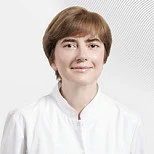





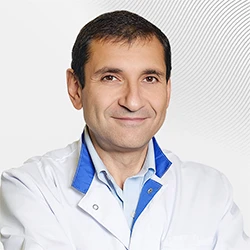

.webp)



.webp)


.webp)
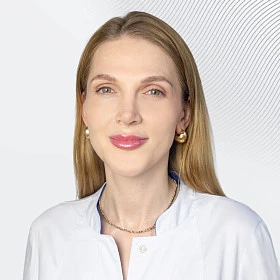

.webp)


.webp)
.webp)

.webp)
